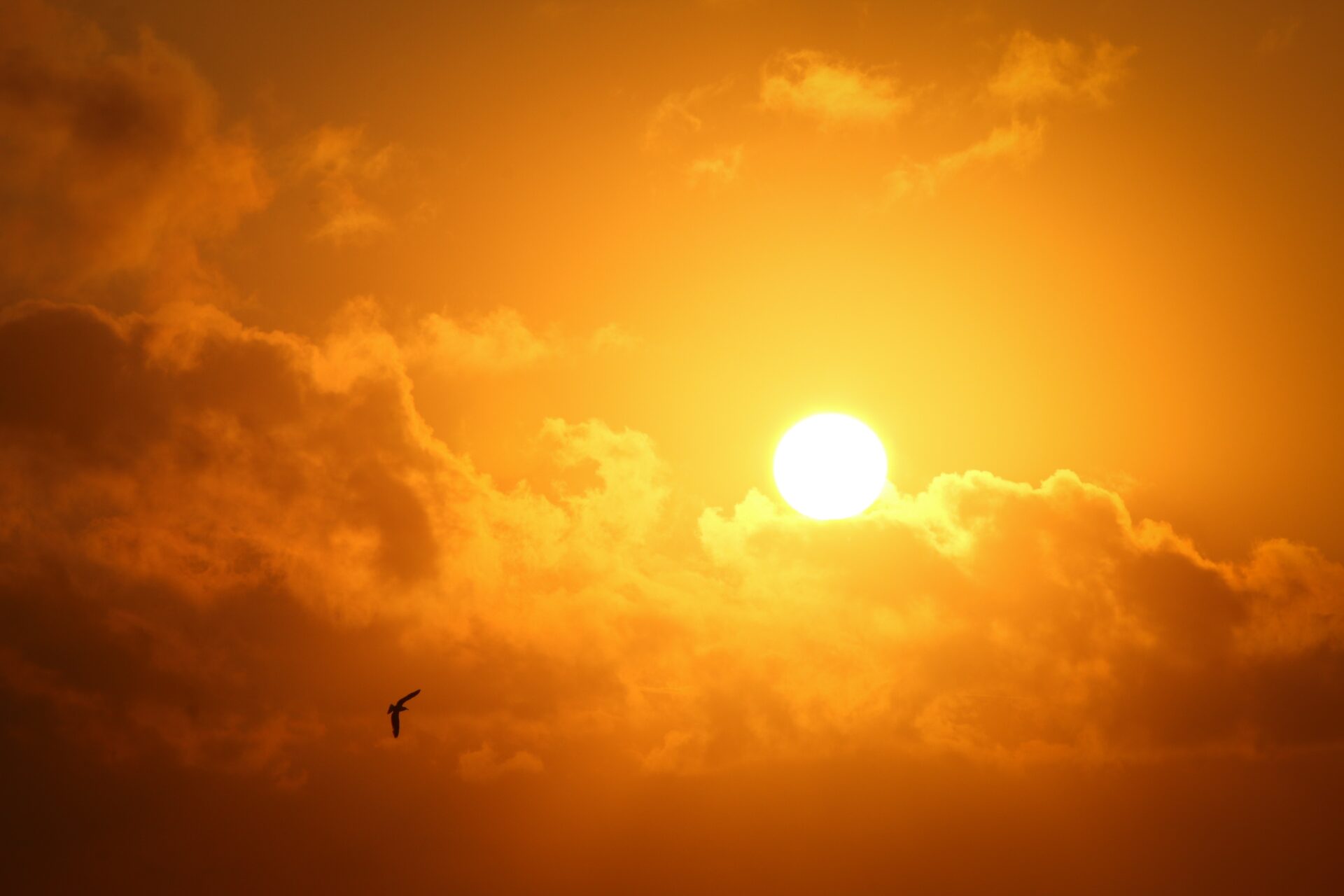Solar energy is the future, and most people believe that it is safe, but is it? However, some researchers argue that solar energy is inefficient; moreover, it is expensive both from a material and environmental point of view.
The world is currently experiencing a food crisis. China, as the world’s most populous country, is considering a ban on building solar panels on agricultural land to combat this growing problem.
Ireland’s most popular newspaper, The Irish Independent, recently reported that the Chinese Communist Party (CCP) is seriously considering making “forests and cultivated farmlands unavailable for solar energy development.” But why? After all, the CCP has invested heavily in various projects in this industry.
According to Bloomberg, China’s solar investment “was 29 billion yuan ($4.3 billion) from January to April, up about 204% from the same period a year earlier.”
Beijing pledged to double the country’s wind and solar power capacity by 2025. It is now ready to make a complete U-turn and phase out renewable energy. That’s because many wind and solar sites are considered “unstable,” the Irish Independent article notes.
According to analysts at renewable energy company GreenMatch, building solar installations will come with significant costs, including “compacting the soil, changing drainage channels and increasing soil erosion.” In other words, if farmers want to grow their crops, solar installations can seriously disrupt their plans.
Analysts note that large amounts of water are required to cool centralized tower systems, which is a severe problem in dry areas. This load “could lead to contamination of groundwater and soil.” moreover, “an increase in water demand can lead to the depletion of available water resources, as well as chemical spills from installations.”

